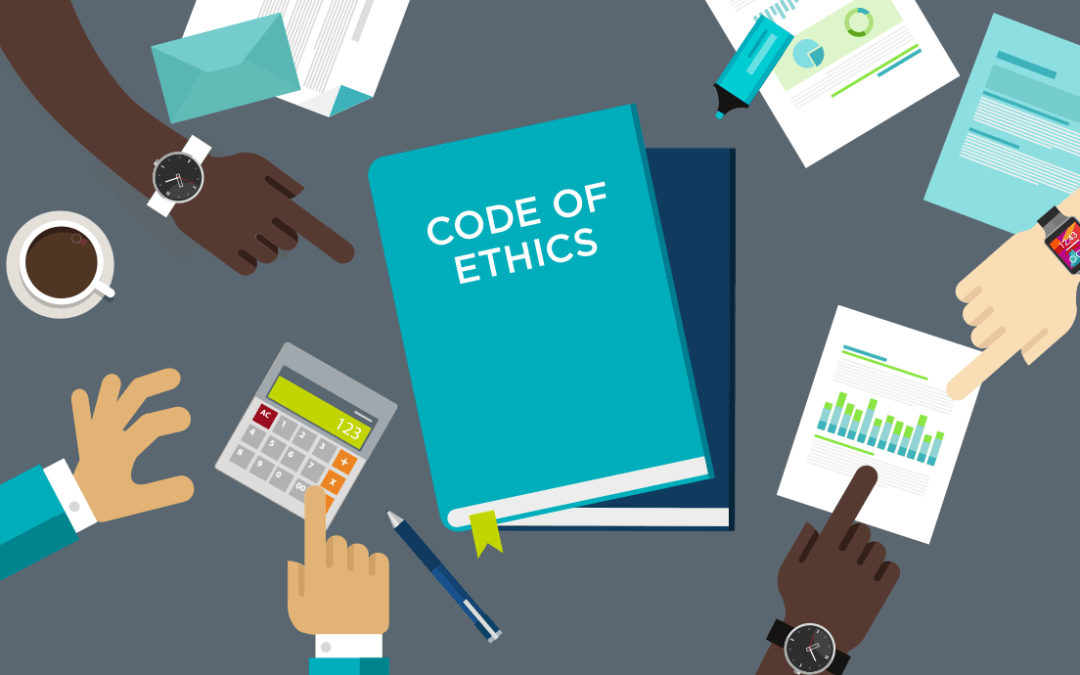Court Reporting Ethics 101

As “Guardians of the Record,” court reporters provide a crucial role in our justice system, and they take ethical requirements seriously. All court reporters are subject to ethics rules, whether they’re imposed by a professional organization or a state licensing body. While the specific examples may vary, the principles of impartiality and confidentiality are found in any Court Reporting Code of Ethics.
Impartiality:
Court reporters must always act in a fair and impartial manner toward everyone involved in a proceeding. They should not give any opinion on the veracity of one witness or another or on the merits of the case. A court reporter should not provide a different quality of service from one party over another, and if there is any potential for a conflict of interest, they should disclose their relationship to the case—for example, the court reporter could be related to an attorney or party.
Court reporters should also avoid the practice of “incentive gifting,” which is a direct reward given in exchange for scheduling a future deposition. Such a practice can be seen as a type of “kickback,” creating a relationship with one side that doesn’t exist with the other.
Confidentiality:
Confidentiality is a critical aspect of our justice system. Court reporters have access to many types of confidential information, including business, financial, trade secret, and medical records. If deponents did not believe their testimony would be kept confidential they may hesitate to answer questions openly and honestly.
Court reporters should not talk about the substance of any deposition testimony with anyone, period.
Also, court reporters should not expose or sell a deposition transcript to anyone other than the parties without the consent of all parties involved. If the record is made public, however, the court reporter may sell the transcript to the public with or without the parties’ consent. If a non-party seeks a non-public transcript, they must do so through a legal process such as a subpoena or court order.
Being a guardian of the record entails more than just capturing and producing a verbatim record of deposition or courtroom testimony; it requires court reporters to strictly adhere to the ethical principles of impartiality and confidentiality.
You can put your trust in Greensboro Court Reporting that our court reporters understand the ethics involved in court reporting. Please call now to book your deposition: 336-790-1819 or you can schedule online.